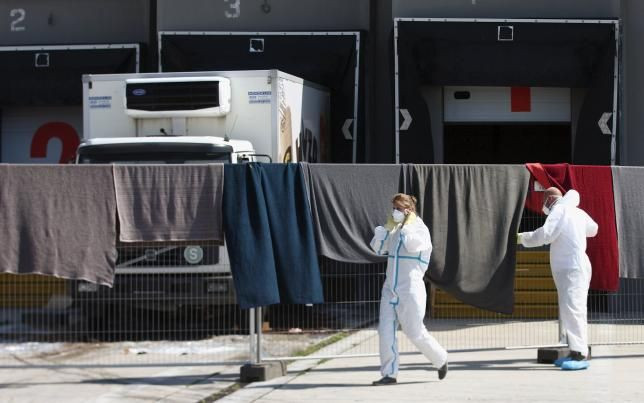Scientists Debunk 'The CSI Effect': TV Shows Don't Make Criminals Smarter

Ever finished watching an episode of Sherlock or the latest crime-solving thriller like CSI and feel like you have a new perspective into the life of a criminal, and you would obviously avoid the common mistakes they make that land them behind bars?
Well, a new study has found that the knowledge gleaned from these TV shows will not help you in pulling off that million-dollar heist.
The study has found no link between exposure to popular dramas that use forensic science to catch criminals and a viewer’s ability to conceal a crime.
A study published in the International Journal of Law, Crime and Justice showed that watching your favourite TV criminal pull off an insane laser-dodging, alarm-neutering robbery does not arm you to emulate him or her successfully.
In fact, the theory that criminals will eventually catch onto cops’ methods to read a crime scene and use it to become better criminals is known as the "CSI Effect," named after the popular TV drama.
Now, a team of psychologists at Johannes Gutenberg University Mainz, Germany, proved in an experimental study that there is no evidence of a correlation between watching forensic science TV shows and the ability to get away with committing a crime.
This is the first study to look at the question of whether criminals could learn from increasingly realistic TV shows.
"Over many years, it was presumed that certain links in this regard exist, although there were no appropriate studies to prove this," said Dr. Andreas Baranowski in a press release. He and his colleagues at Mainz University have now undertaken four separate investigations on similar claims made by civilians, cops and even certain forensic analysts.
Armed with FBI data and statistics from its German equivalent the Bundeskriminalamt (BKA), the psychologists studied the crimes committed before the popular TV CSI series was aired with the crime rates after it was aired. They also asked 24 convicted criminals whether they thought shows like CSI could help people escape prosecution.
The team created a complex mock crime situation where viewers of TV shows like CSI were tested on their ability at evading the cops after a crime has been committed by leaving no traces for forensic experts to latch on to.
They used a simple doll’s house to create an accurate crime scene which the subjects were asked to escape from and using pre-determined ways in which they could have escaped, calculated the percentage that were successful.
The researchers found no differences between regular viewers of forensic dramas to people who didn’t watch them. But, they found that male subjects performed better than female subjects in the doll house experiment. Study subjects working in technical professions, primarily men, appear to have certain advantages when it comes to concealing crimes.
"Every time something new emerges there are people who focus in one aspect and without a full and proper consideration sense possible risks and thus call for bans," the team said on the existing fear among people that criminals will benefit from watching these shows.
"We can now dispel certain of the myths that have been coursing through the media and other publications for the past 20 years because we are able to state with relative certainty that people who watch CSI are no better at covering their tracks than other people," Baranowski said.
The study was published in October 2017.
© Copyright IBTimes 2024. All rights reserved.




















